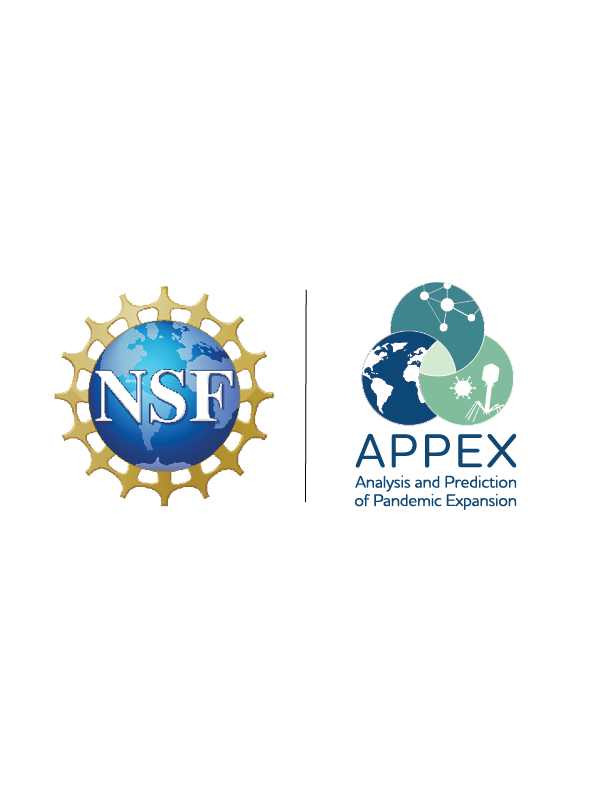We aim to train the next generation of researchers and practitioners in pandemic science through tutorials, summer programs, a certificate program, and other professional development. We also build on our existing partnerships with a variety of organizations, creating new opportunities, like our APPEX Fellows program. Furthermore, we have several public outreach activities planned, including a science-comedy podcast, YouTube webinars, and K-12 educational resources designed in collaboration with Easy as Play.
We will offer tutorials (1-3 day programs) and summer programs (1-2 week programs) to teach specific skills, such as using software or technical methods. These programs will primarily target graduate students and postdoctoral researchers, though undergraduates and faculty are also welcome. Recordings of these tutorials will be made freely available online.
*The event has since passed, but you can view the full tutorial recording here*
Join us Monday, August 4, 8-11:00am for the 2025 ACM SIGKDD International Conference on Knowledge Discovery and Data Mining for "CausalBench: Streamlining Causal Learning Research", the second-ever NSF APPEX Tutorial!
Recent advances in causal machine learning have introduced a wide array of models for causal discovery and inference, but performance often varies across datasets, metrics, and computing environments. This makes it difficult to identify the right setup for your specific problem. CausalBench is an open-source benchmarking framework designed to address this challenge. It offers a platform to evaluate causal models across key tasks and deployment context, helping researchers make informed, reproducible comparisons.
This tutorial is intended to familiarize attendees from diverse backgrounds, who are interested in causal learning models and with the capabilities of CausalBench.
In this 3-hour tutorial, you will:
While no prior experience with causal inference required, experience with machine learning as well as Python language are desired.
*Closed for Summer ’25*
We are excited to announce that the Graduate Certificate in Pandemic Science at NSF APPEX has officially launched!
This certificate equips students with the knowledge and skills to join a network of innovators dedicated to improving global health security. By training to think and work in multidisciplinary teams, students ensure that pandemic science evolves beyond traditional boundaries, preparing a workforce ready to tackle tough questions and problems.
Students also have the option to be featured in NSF reports and highlighted on our websites, helping increase their visibility to future employers.
Learn more here.
